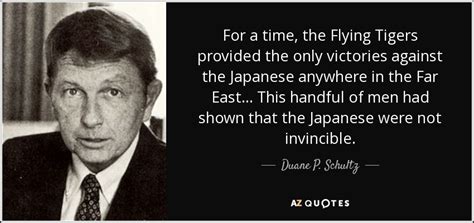A Quote by David Rockefeller
The Japanese banks are not having an easy time as they once had.
Related Quotes
The Fed has a lot of power in the economy because it has a big impact on the supply and cost of credit, that is, interest rates. It also plays a key role in supervising banks and historically has seemed to take it easy on the banks when it shouldn't have, such as in the lead up to the financial crisis.
Many Japanese families moved to Taiwan during the occupation. Then, when the war ended, they were forced to move back. And at the macro level, the Taiwanese had every reason to cheer when the Japanese left. The Japanese military could often be incredibly brutal. The Taiwanese lived as second-class citizens on their own land.
Shin [Biyajima] rides down with this big ol' Japanese grin and giggle and I'm like what? Two years later, when I started planning the trip, I knew Shin was from the Hakuba area, and I didn't want to come film in Japan without a Japanese rider. Shin had the time and availability, and it worked out perfect.



































